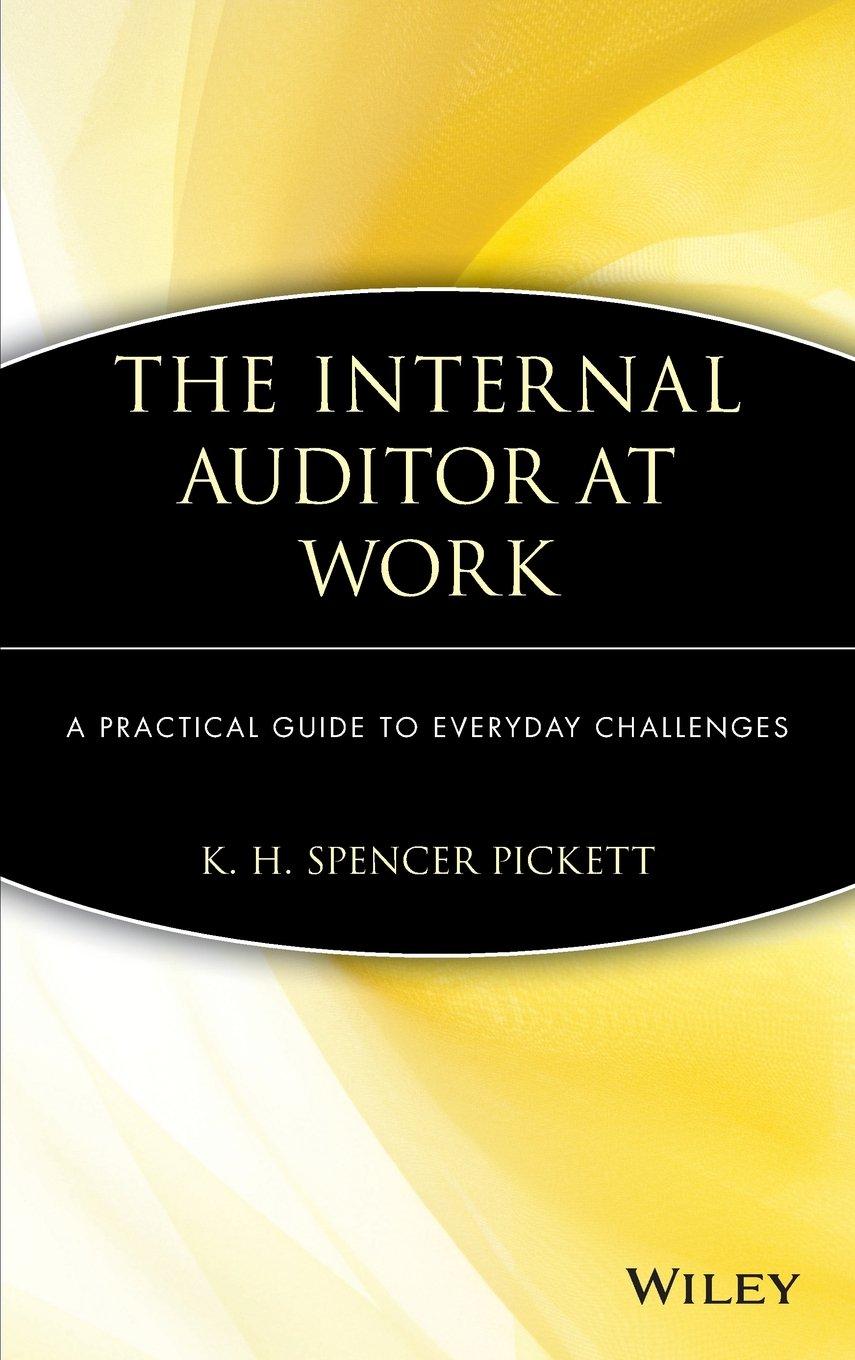Question
TBSRCO0459 Entity ChoiceTax Consequences Barkley, who is single, forms a business in year 1 with a calendar year-end that has the following information for year
TBSRCO0459 Entity ChoiceTax Consequences Barkley, who is single, forms a business in year 1 with a calendar year-end that has the following information for year 1: Operating net income 70,000 Dividend income 10,000 Net capital loss (5,000) Cash payment of earnings to Barkley 18,000 Barkley also sold some stock in AT&T for which he has a long-term capital gain of $1,000. Barkley is deciding what the best entity choice is for his business. He is considering the following alternatives: Sole proprietorship Corporation S Corporation Single-member limited liability company General partnership (brother would be the other owner; each owns 50%)) For each of the alternatives Barkley is considering, determine :
How much capital gain or capital loss will Barkley deduct on his personal income tax return for year 1? How much of the operating income of $70,000 from the business will be taxed to Barkley in year 1 for each entity form?
Ignore the impact of the qualified business income deduction.
For the $18,000 cash distribution of earnings to Barkley, how much of this income will be taxed to Barkley in year 1 for each entity form? Enter the amount in the associated cells. Enter all values as whole numbers. If a value is zero, enter a zero (0). Use parenthesis for any negative numbers.
Entity Form Capital gain/loss Operating Income Distribution Income
Sole proprietorship 123 123 123 Corporation 123 123 123
S Corporation 123 123 123
Single-member limited liability company 123 123 123
General partnership 123
Step by Step Solution
There are 3 Steps involved in it
Step: 1

Get Instant Access to Expert-Tailored Solutions
See step-by-step solutions with expert insights and AI powered tools for academic success
Step: 2

Step: 3

Ace Your Homework with AI
Get the answers you need in no time with our AI-driven, step-by-step assistance
Get Started


